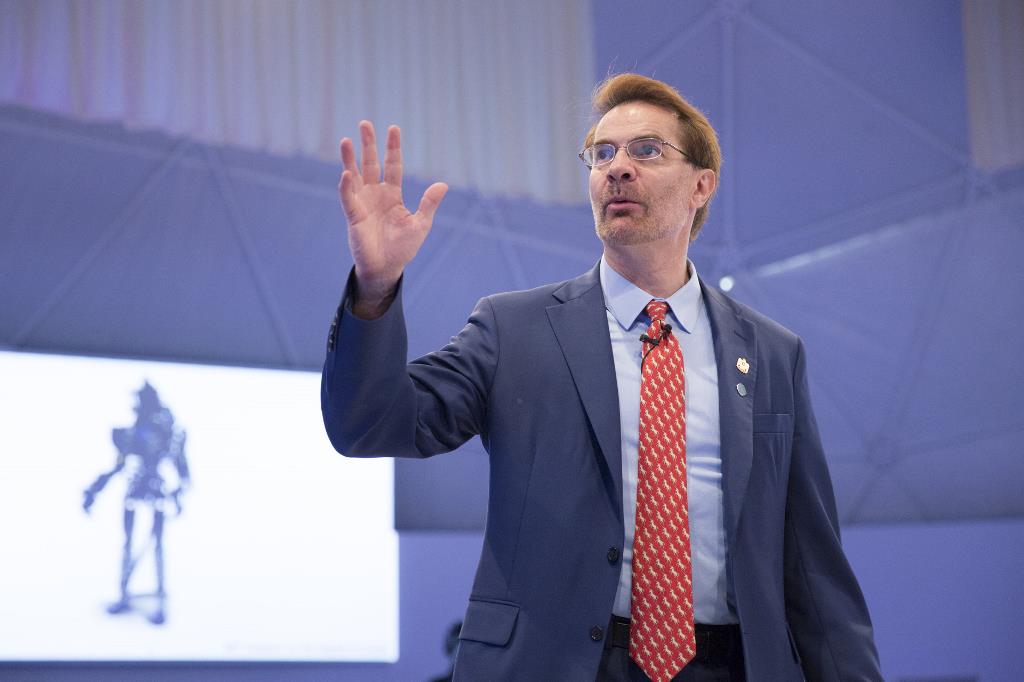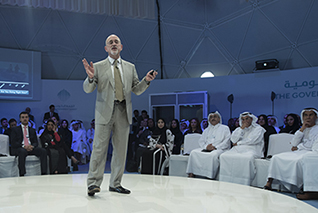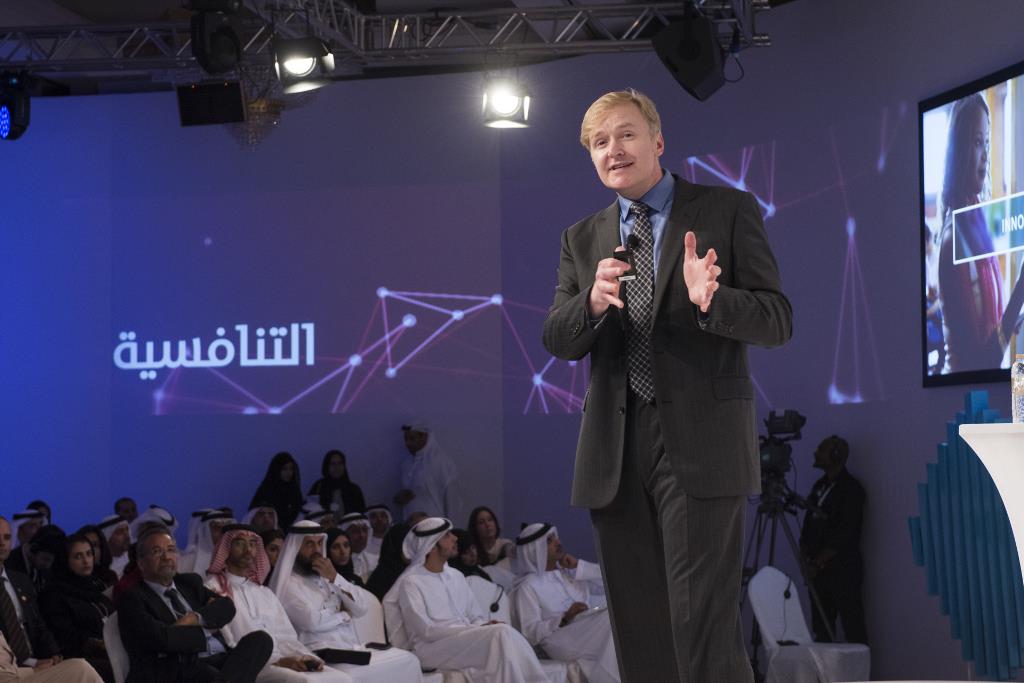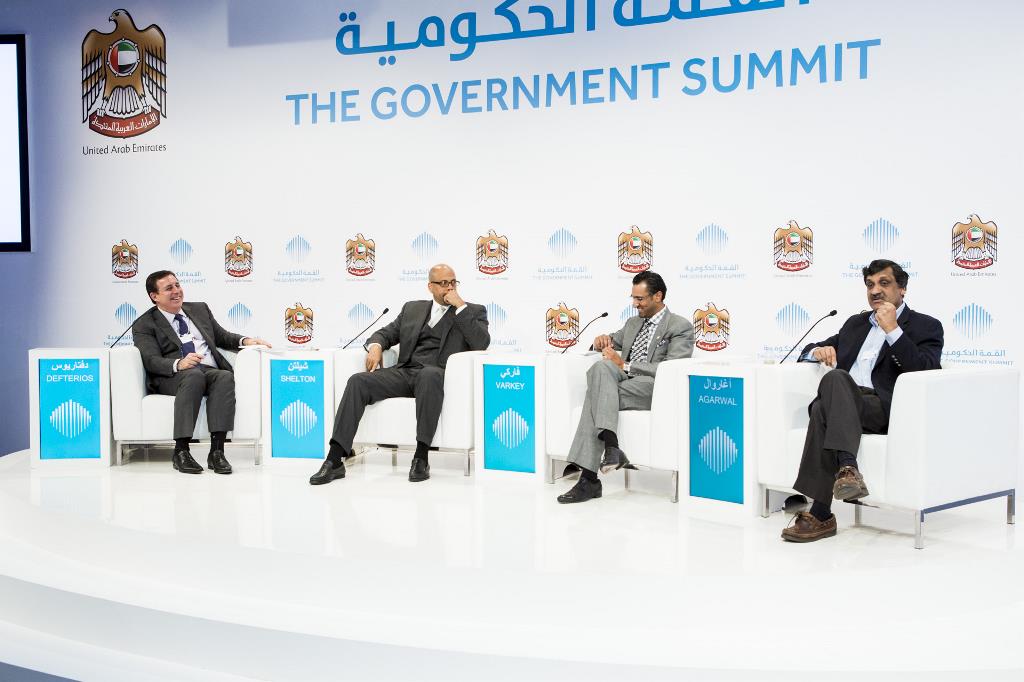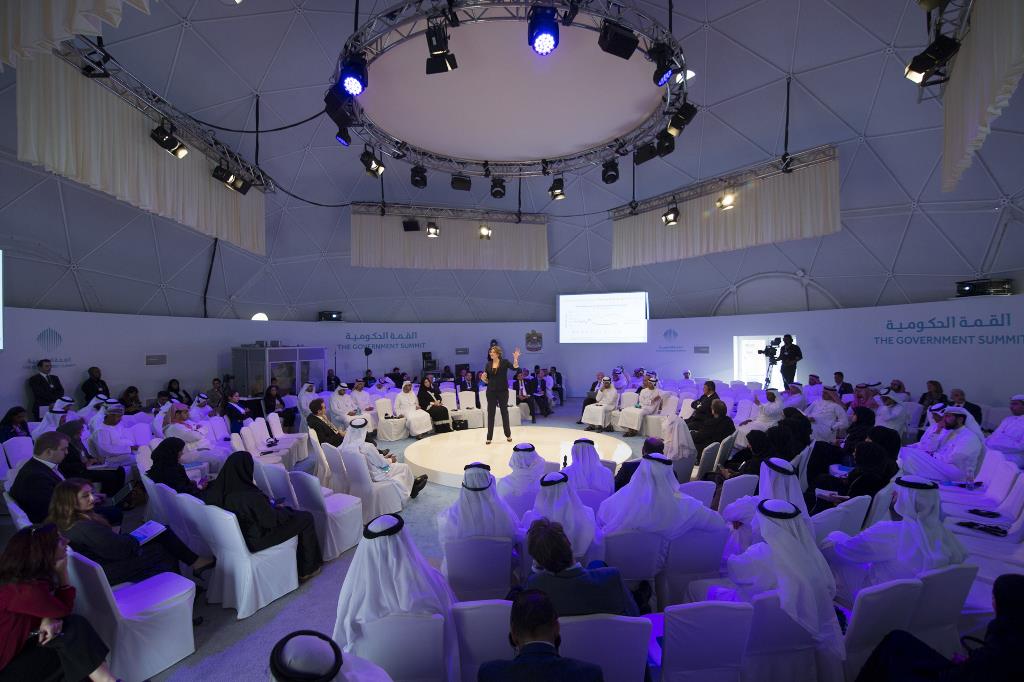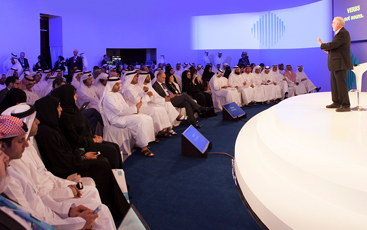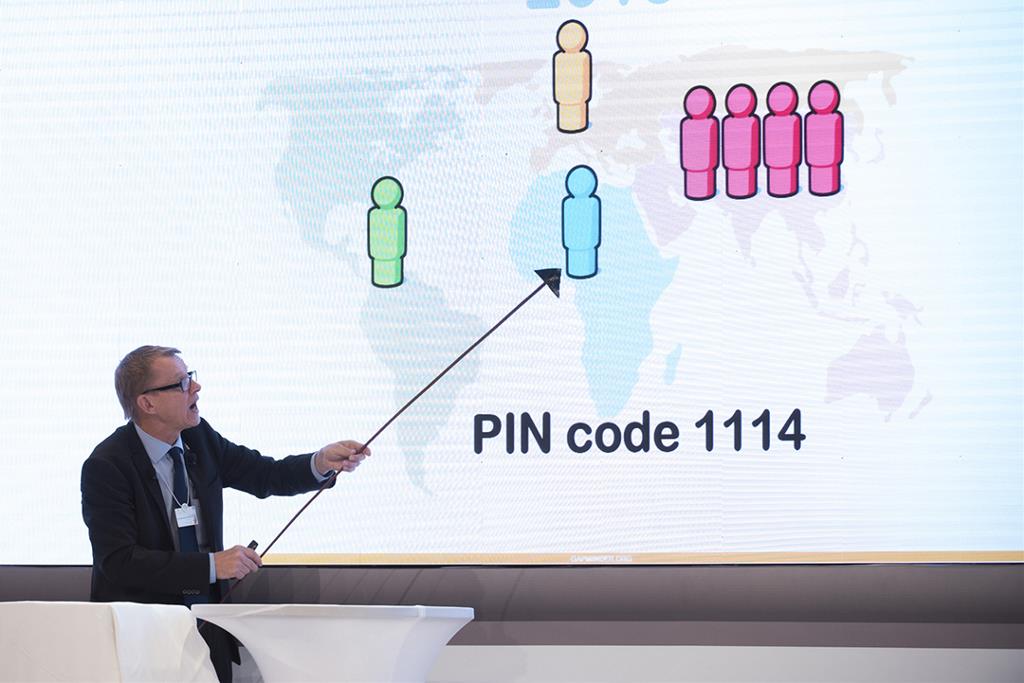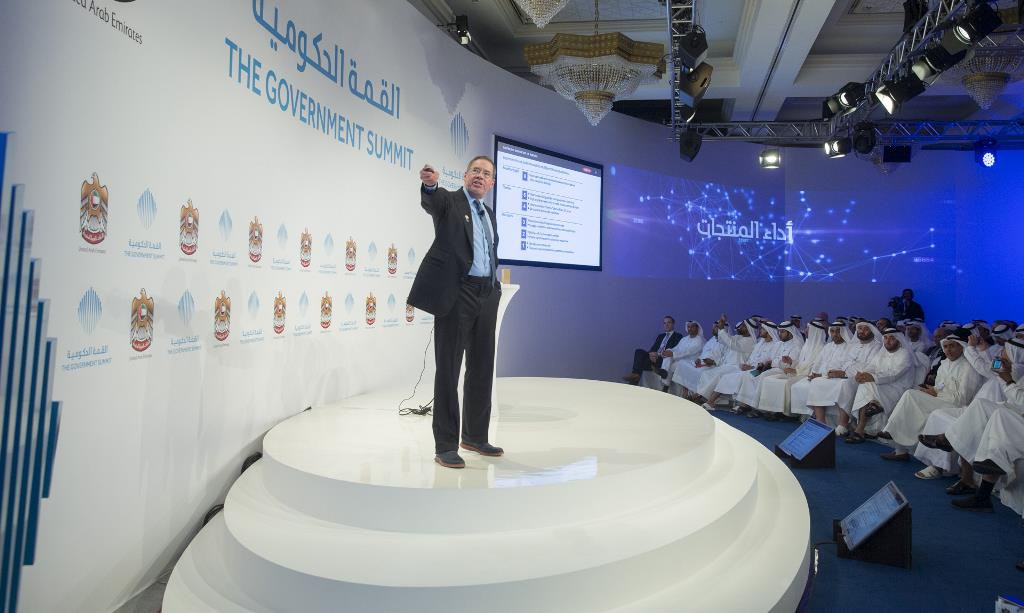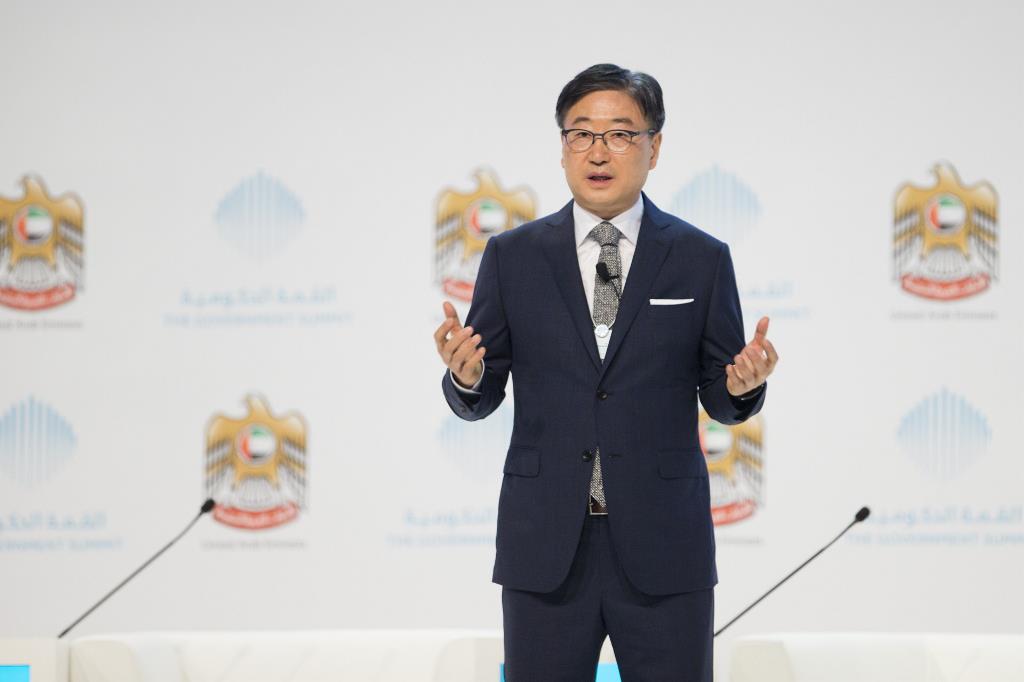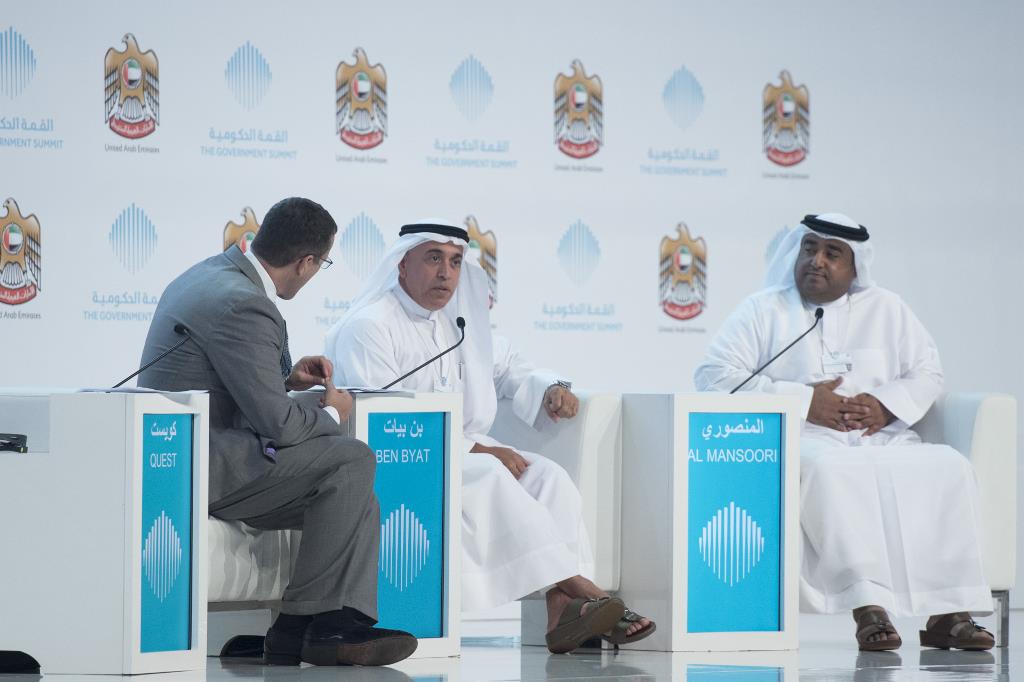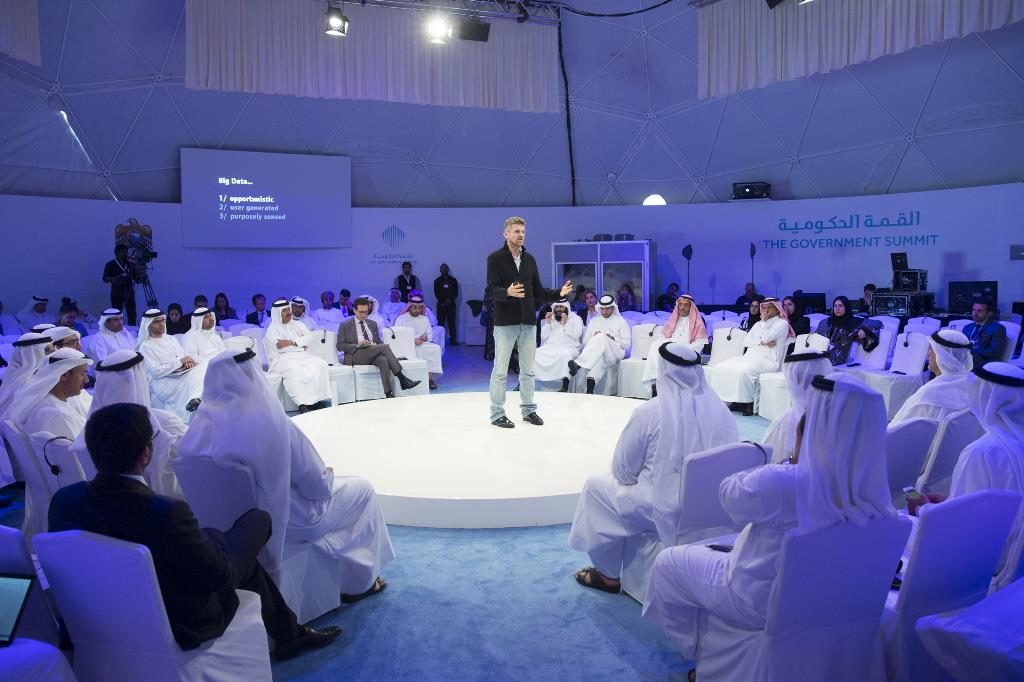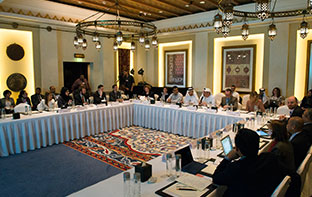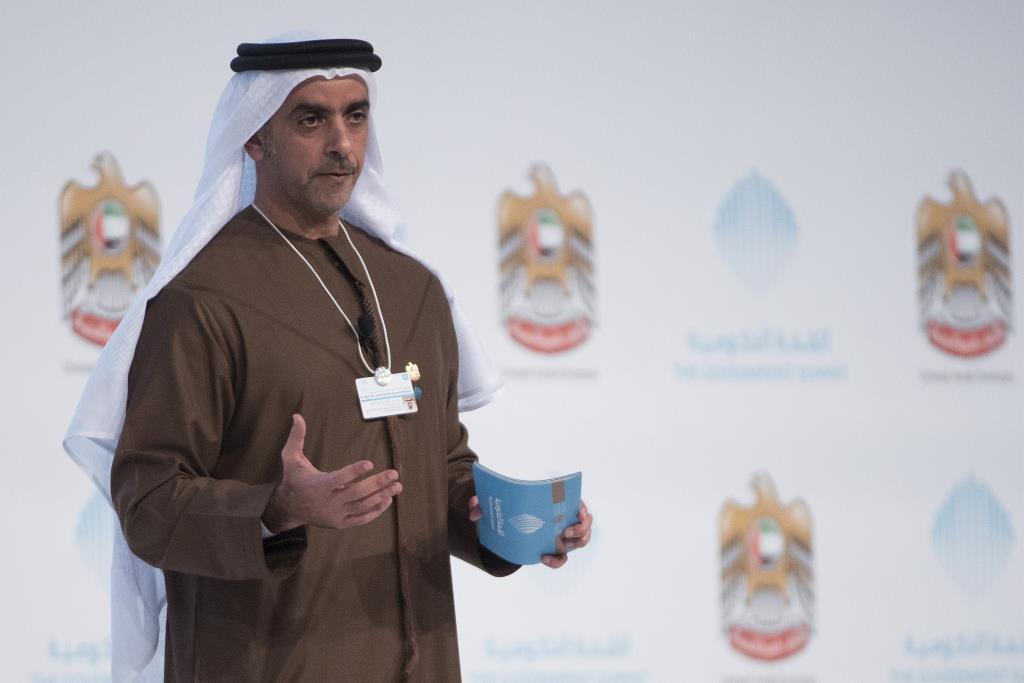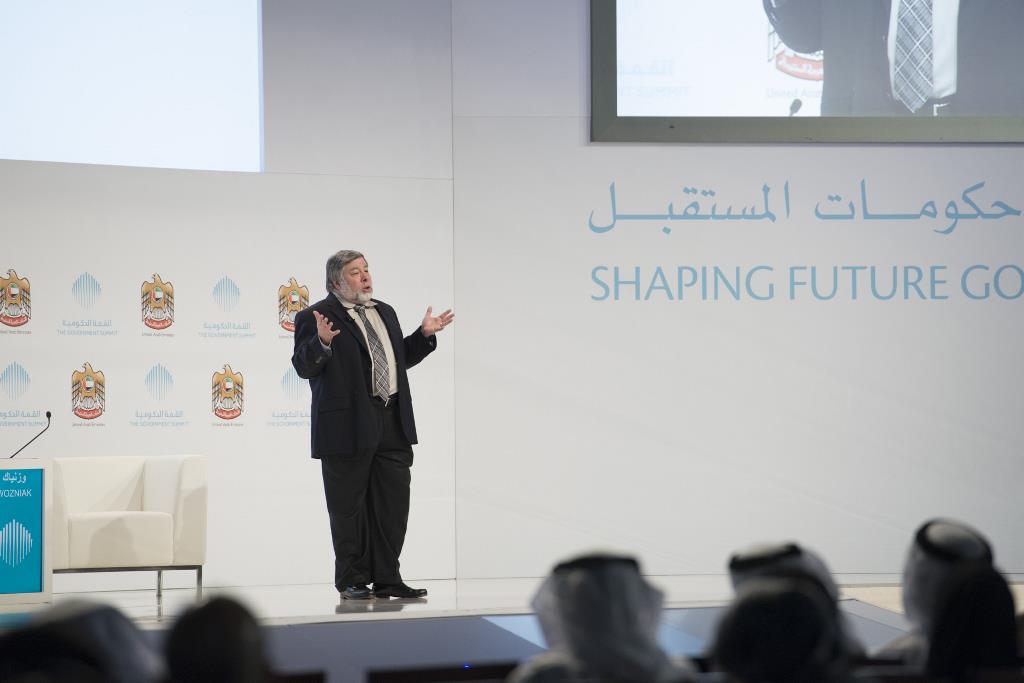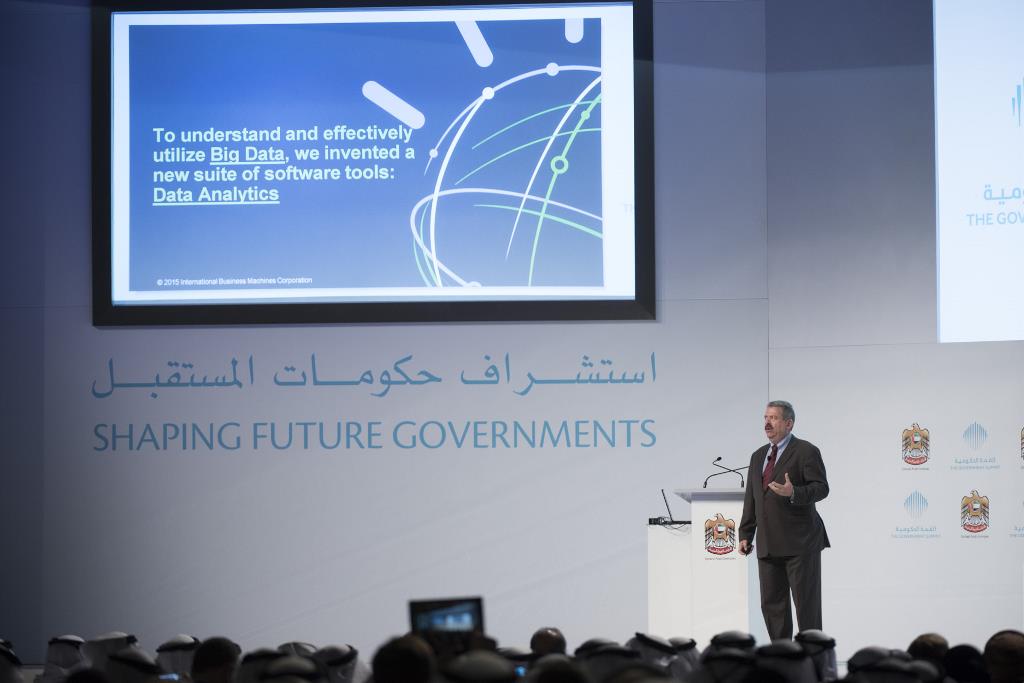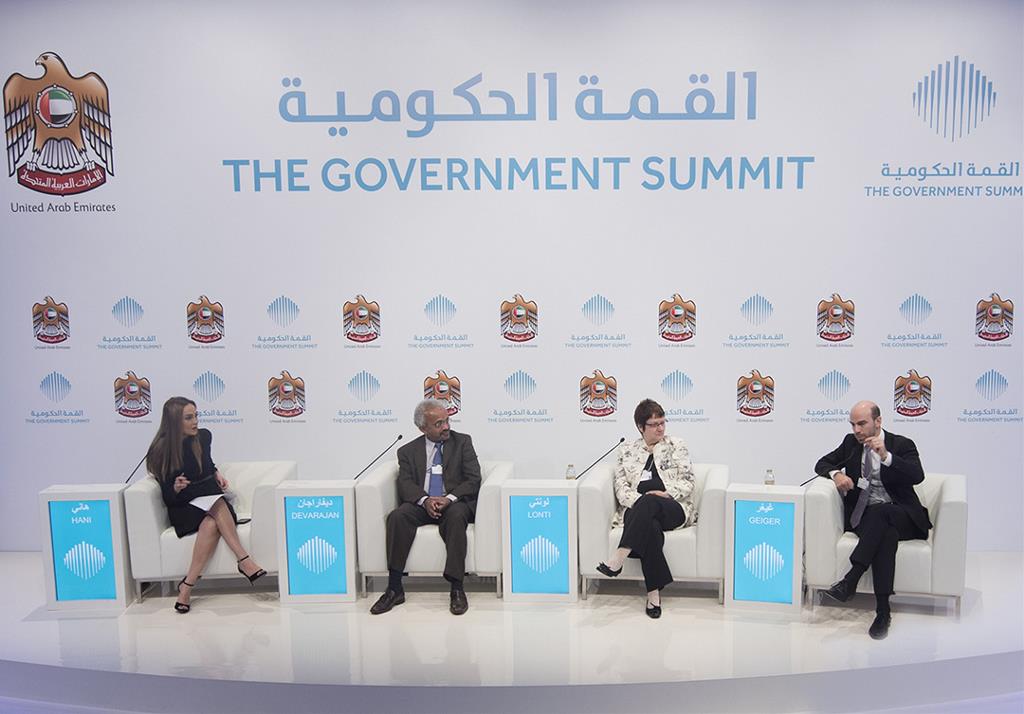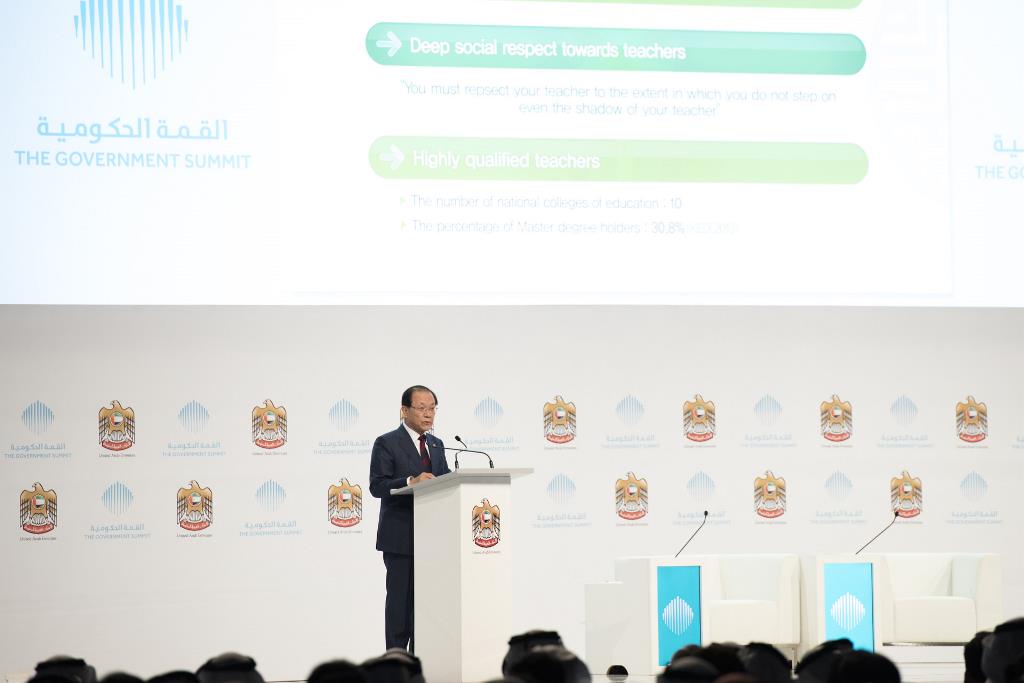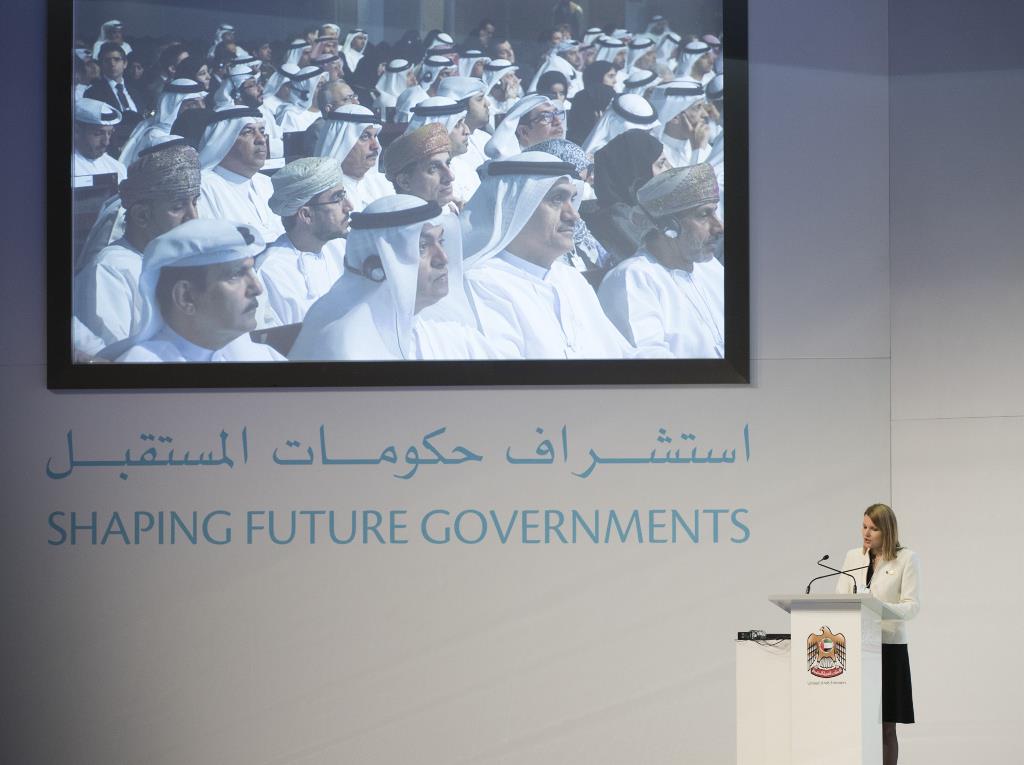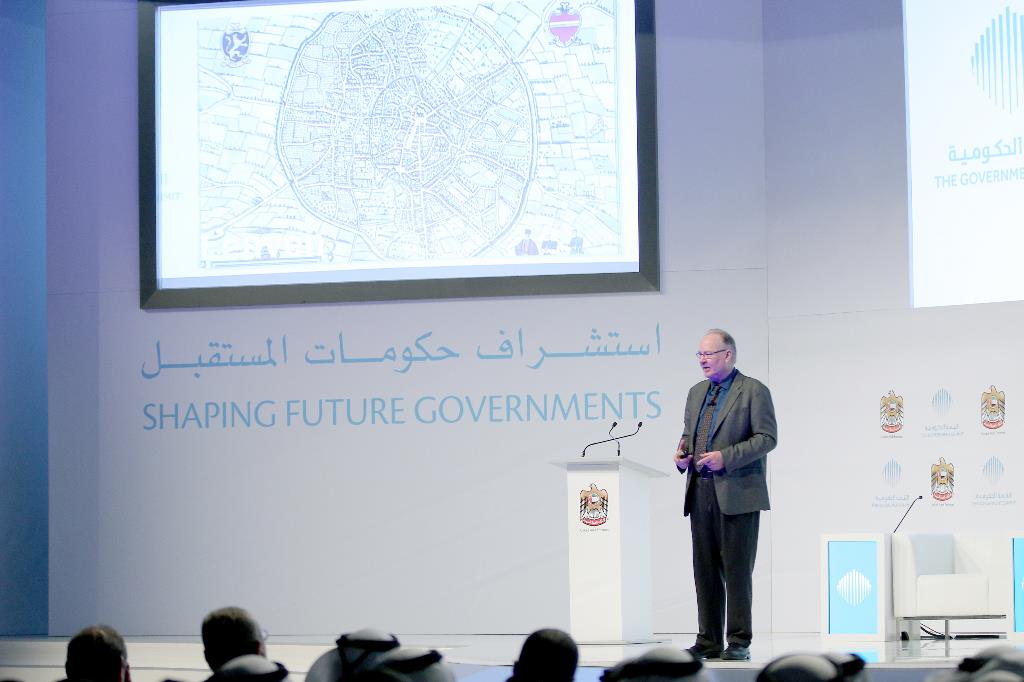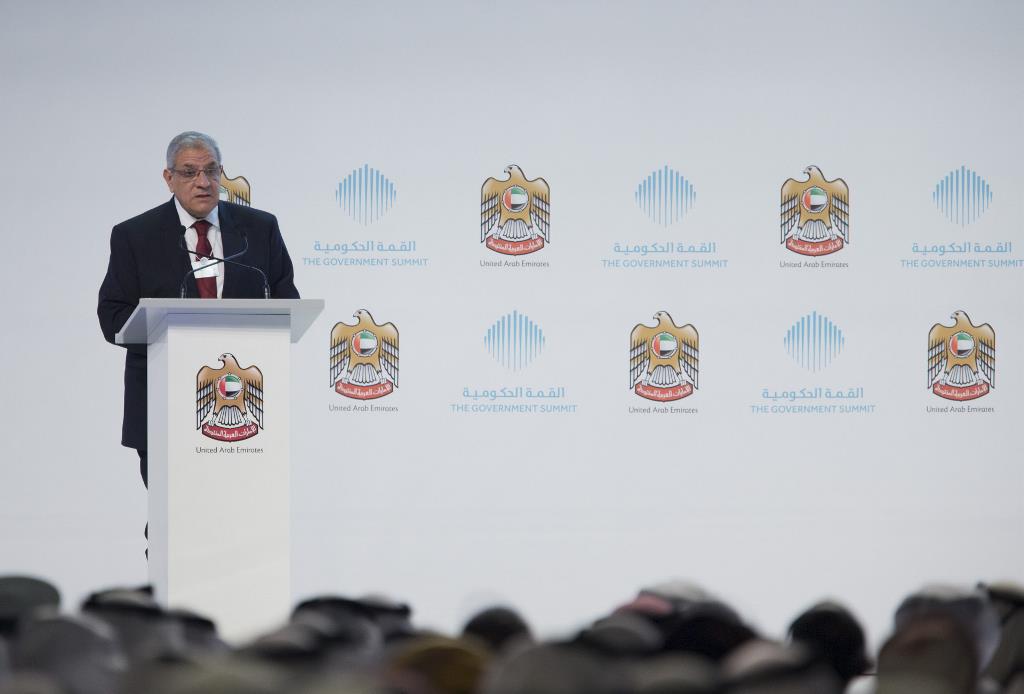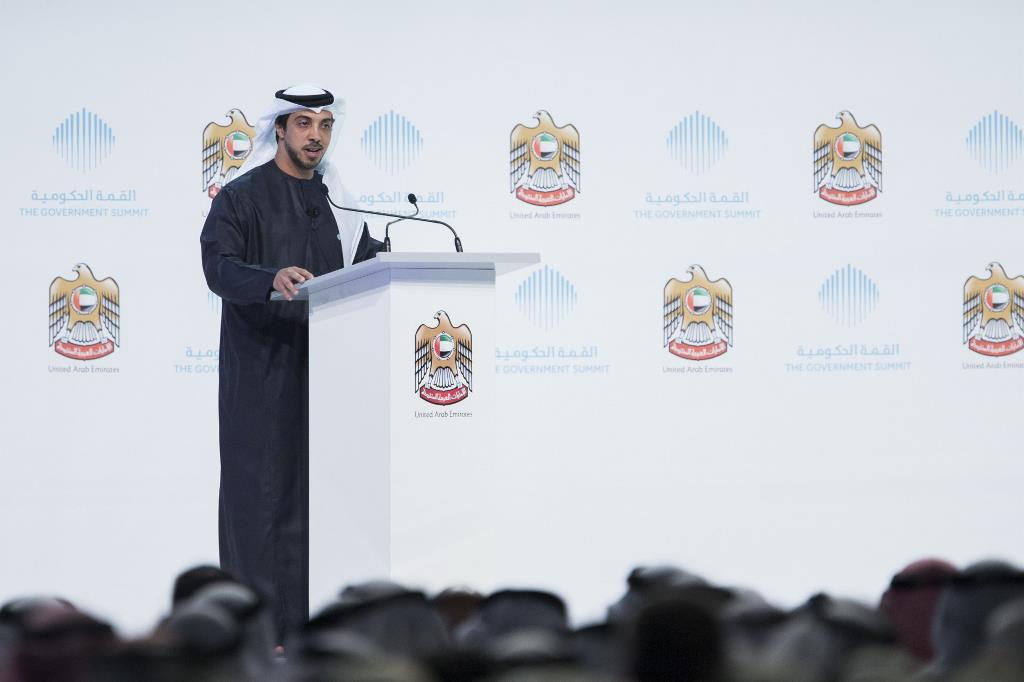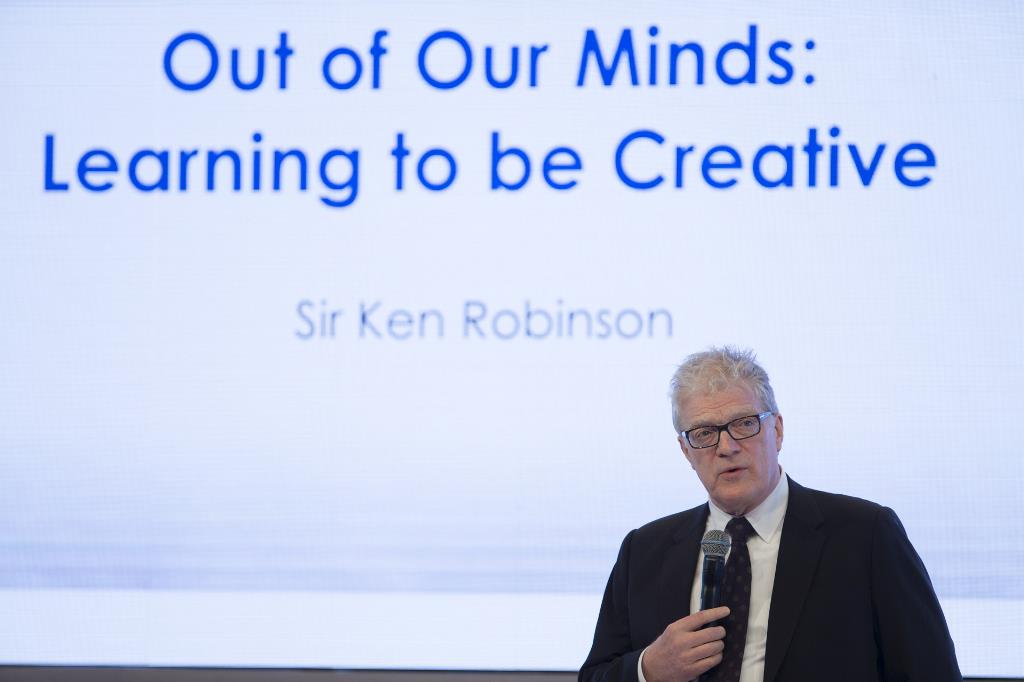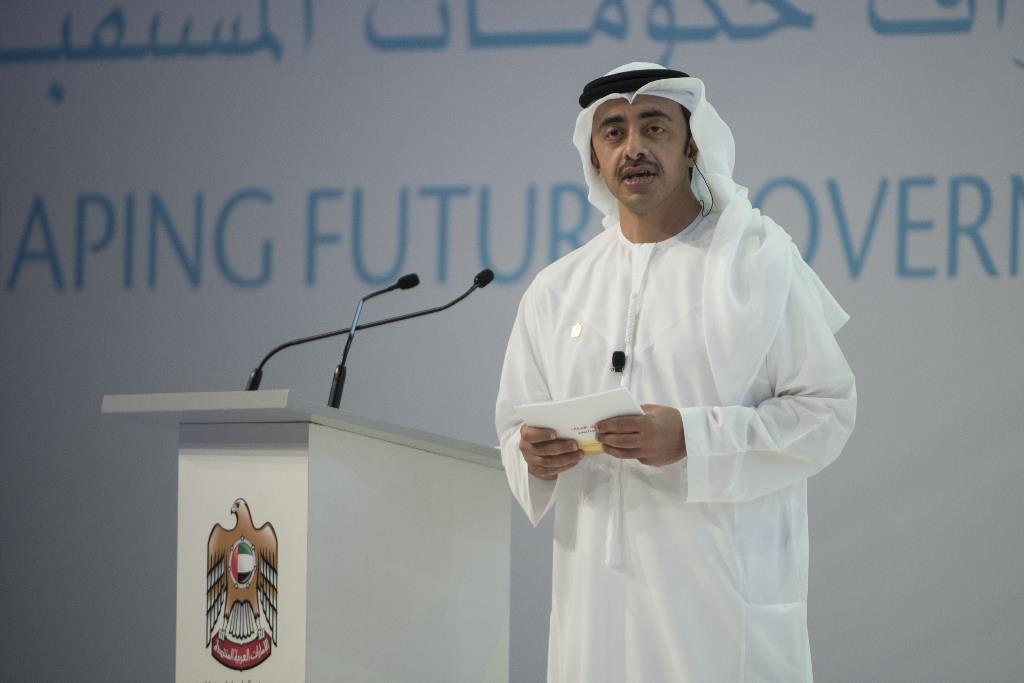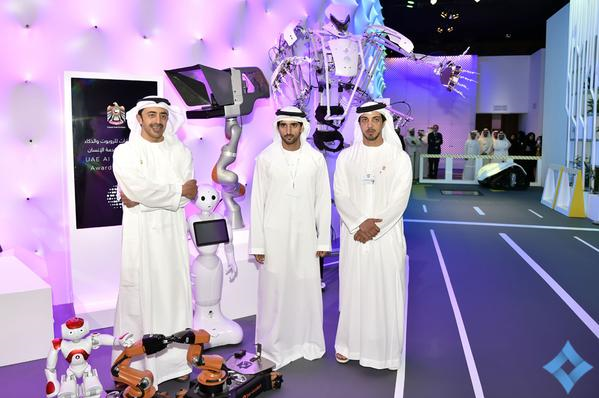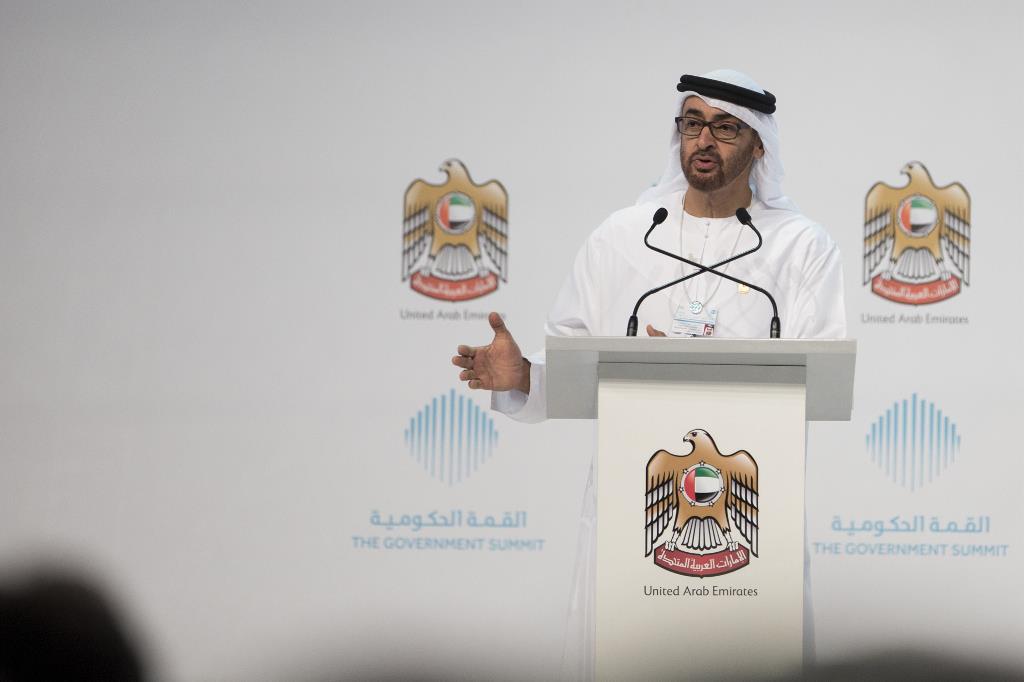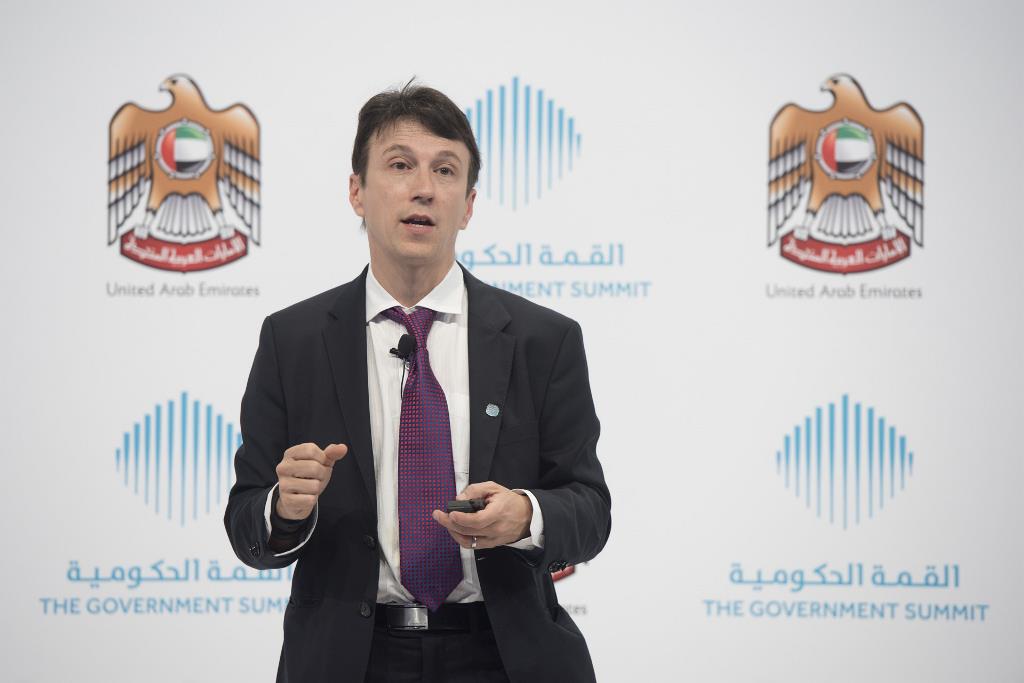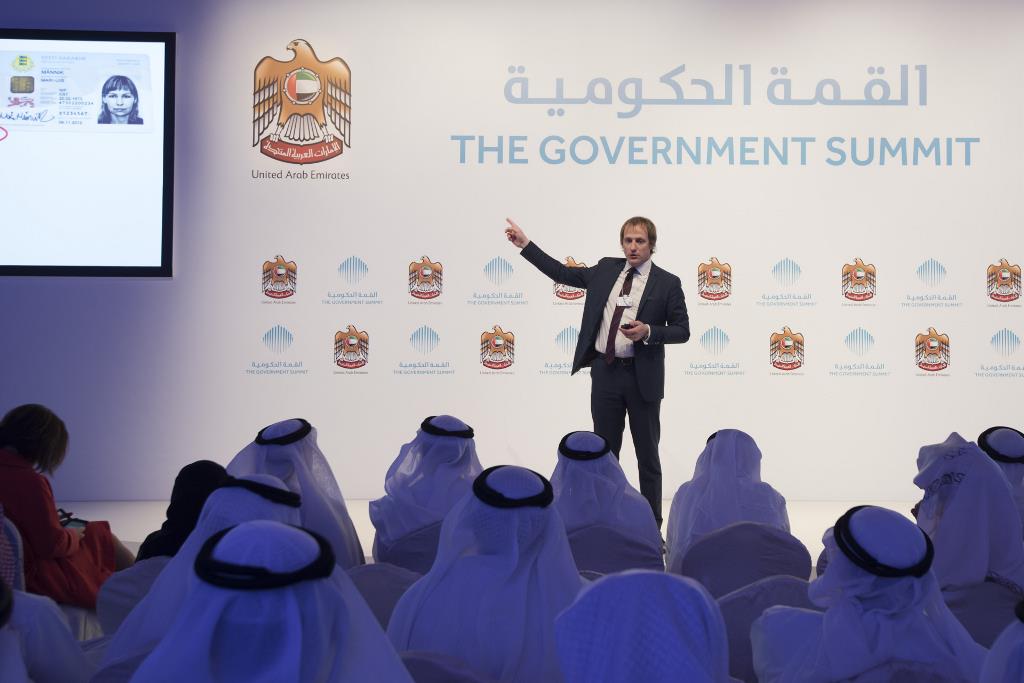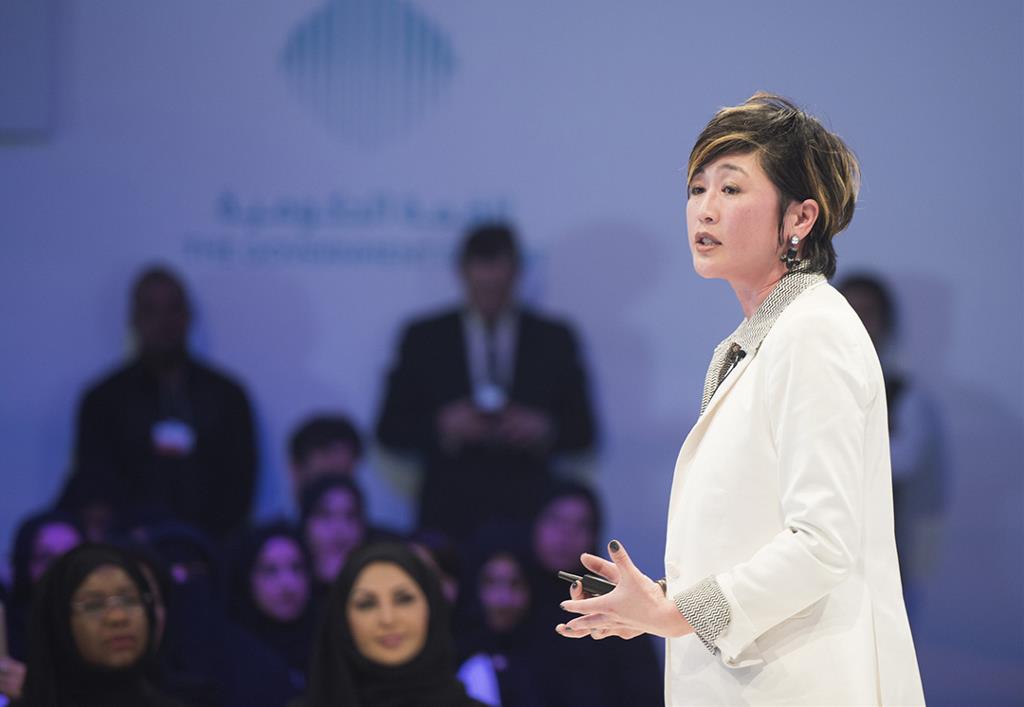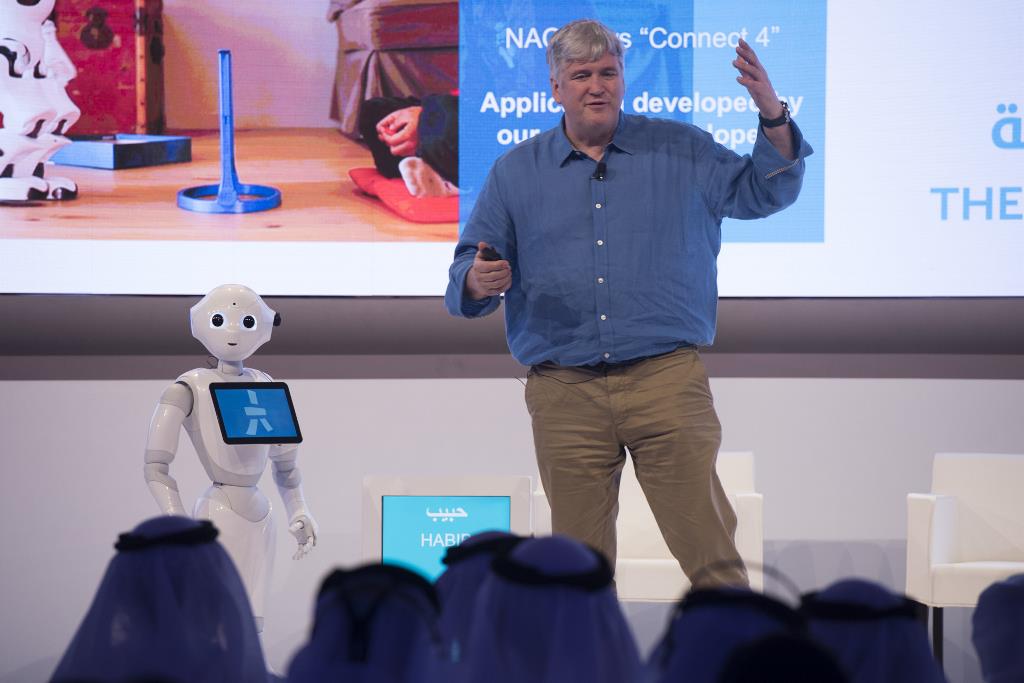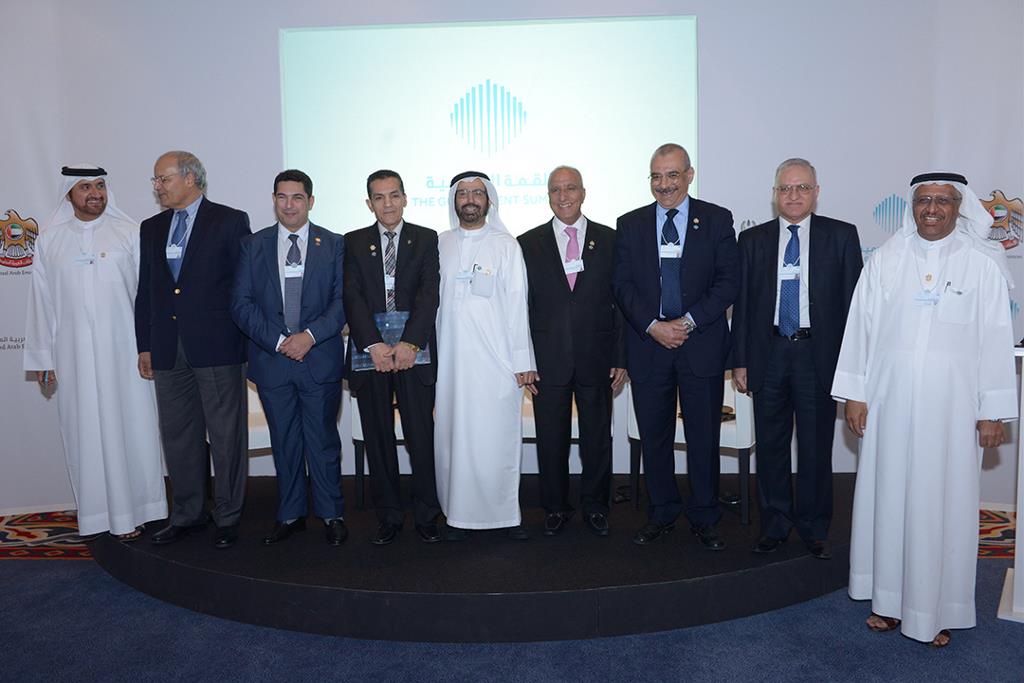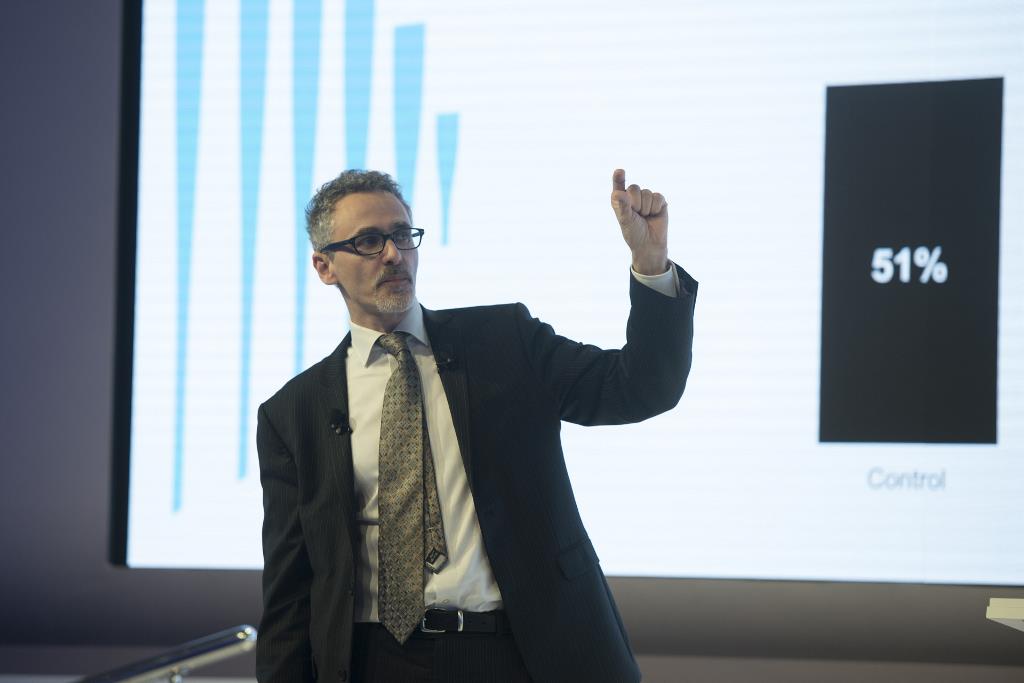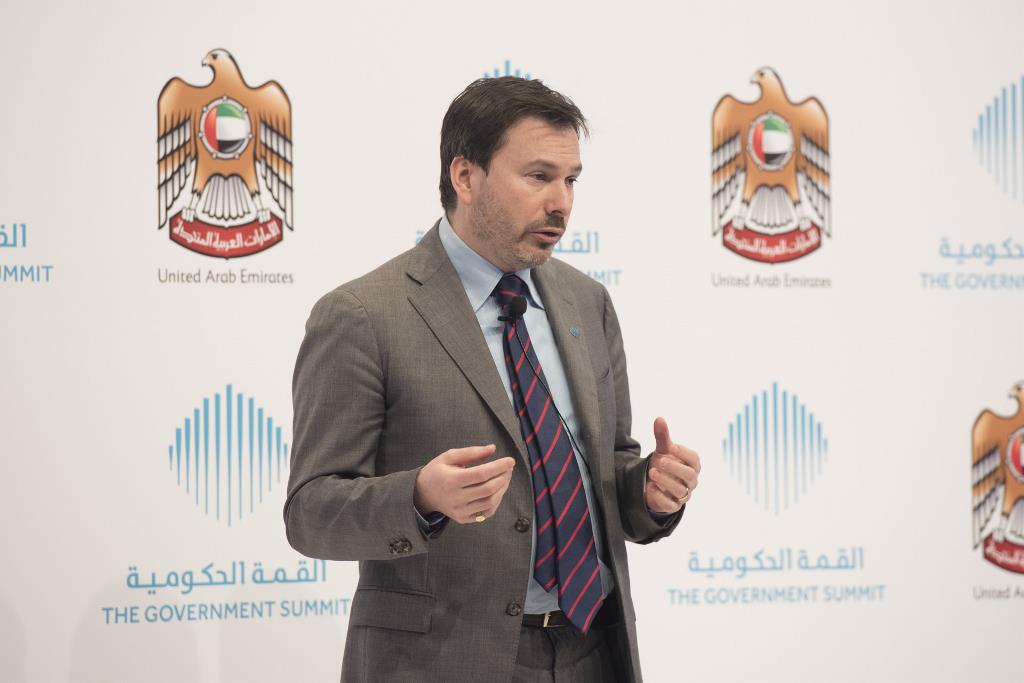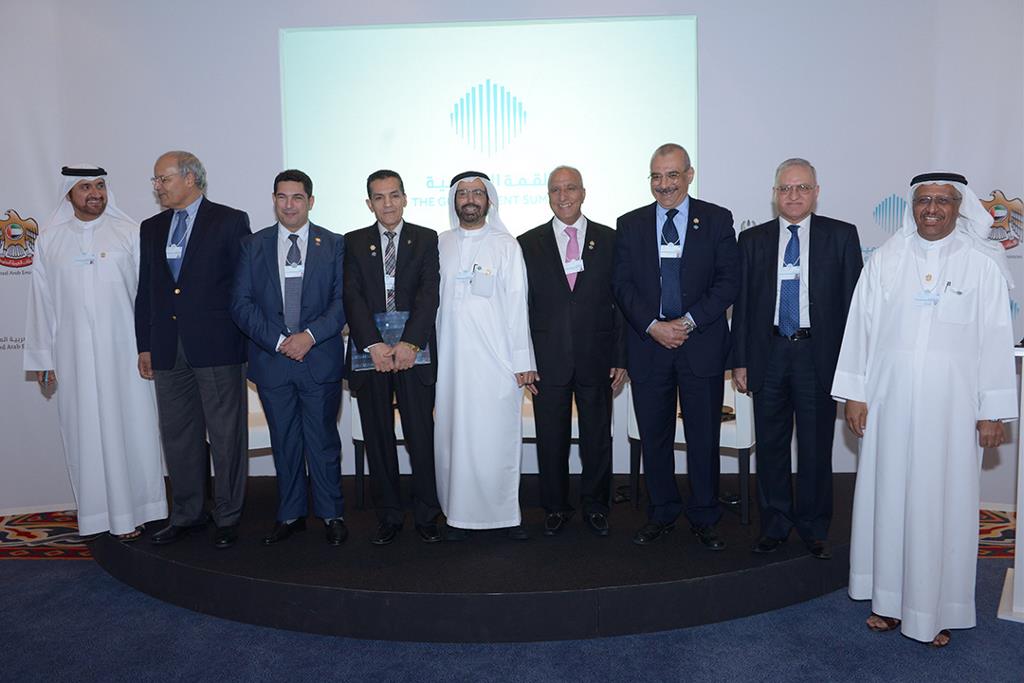Plenary Session: Meet Mr. Watson: How Artificial Intelligence Can Improve Government Services
Meet Mr Watson, the super computer capable of answering questions posted in natural language. Watson, who was named after IBM’s first CEO and industrialist Thomas J. Watson, was specifically built by developers at IBM to answer questions on the popular quiz show Jeopardy.
Today, Watson can answer questions and give step-by-step guides on how people can get insurance cover, give reasons for lung cancer in a non-smoker, and even solve a complicated crime. Watson can analyze 3,500 textbooks and 400,000 data sets in a little under 17 seconds, making the computer a tool to help people and cure potentially dangerous diseases.
Speaking at a session titled ‘Meet Mr. Watson: How Artificial Intelligence Can Improve Government Services’ at The Government Summit 2015, Dr. Bernard S. Meyerson, Vice President of Innovation at IBM, introduced Watson to the UAE. Meyerson said innovation is the only way to move forward and face the challenges the world faces.
He acknowledged the tremendous leadership of His Highness Sheikh Mohammed bin Rashid Al Maktoum, UAE Vice President, Prime Minister and Ruler of Dubai, in putting together a summit focused on innovation.
Innovation happens only when people show great courage in the face of challenges, Meyerson said, and the biggest challenge decision-makers face today is innovation.
The need for a cognitive computing systems like Watson arose to address the need to deal with massive amounts of data. In 2010, 84% of decision-makers in government and private organizations agreed that innovation is mandatory to secure a healthy future.
In the journey to get to Watson, Meyerson explained the way presentation of really vast data transformed from a spread-sheet and video/ picture format into the cognitive presentation of data that is the core functionality of the super computer.
As much as 90% of the data in the world did not exist two years ago, he said. In the last two years, data resources grew at an extraordinarily exhilarating pace. In governance particularly, this is the challenge decision-makers faced and IBM recognized the need to create new data analytical tools.
Meyerson reiterated the importance of data analytics saying data collected by computers over a span of 10 days or so can help predict and avoid natural calamities like floods and earthquakes, avert crimes, and also relatively simpler matters like resolve traffic congestion. Data analytics has also helped analyze and control the ebola crisis that has been ravaging Africa.
In a new era of computing, machines like Watson now have cognitive systems instead of the old programming systems, enabling them to learn to interpret large volumes of data like a human being. However, computers will never replace humans, Meyerson said; they will remain a tool that helps us solve humanity’s greater problems.

